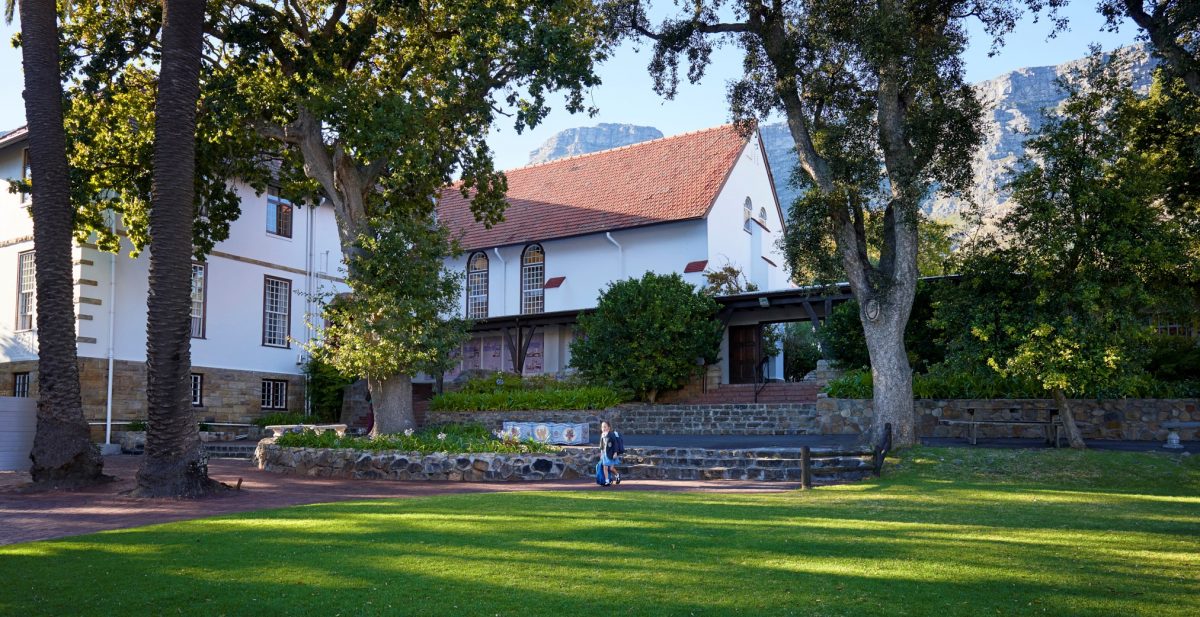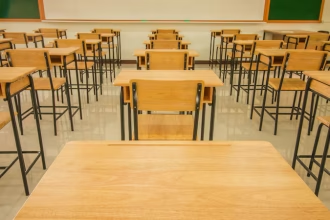A private school pupil’s parents have been legally barred from re-enrolling her at St Cyprian’s Diocesan School for Girls due to an unpaid debt of over R407 000. The Western Cape High Court issued an interdict after the family failed to honour several payment agreements over the past four years. Despite the school’s repeated efforts to accommodate them with payment plans, the parents were unable to settle the debt.
Court Ruling and Payment History
According to Judge Derek Wille’s ruling, the school extended numerous payment plans to the parents, all of which were defaulted on. “The father acknowledged that affordability was the issue,” the judge said, adding that despite being given multiple opportunities to restructure payments, the father consistently failed to meet his obligations.
The school negotiated a final restructuring agreement in a bid to allow the pupil to continue her education at St Cyprian’s. However, the father’s refusal to sign this final agreement was the tipping point, leading the school to seek legal recourse.
Alternative School Rejected
In an attempt to assist the family, St Cyprian’s also arranged for the girl to be placed at a government-subsidised school, where her brother is currently enrolled. However, the father rejected this offer, stating that the school was “unsuitable” because it was not predominantly white, a stance that Judge Wille criticised as both surprising and unashamed.
Judge’s Remarks
Judge Wille emphasised that the school had gone above and beyond in trying to help the family, stating, “Several payment indulgences were afforded, and the school attempted to accommodate the father’s financial difficulties, but all efforts were in vain.”
The court documents revealed a history of broken promises and unmet obligations. “A plethora of correspondence followed concerning the payment of arrear school fees, but the father did not comply,” the judgment noted.
Conclusion
The court’s decision underscores the importance of fulfilling contractual obligations, especially in private schooling, where fees are essential to maintaining operations. The case also raises questions about fairness, cultural expectations, and the challenges faced by private schools in balancing empathy with financial sustainability.












